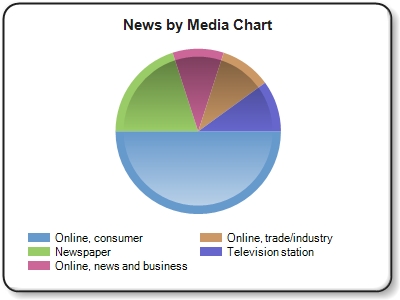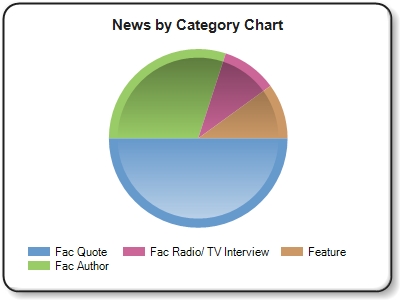Top Story
| What Lies Ahead in the Campus-Speech Wars? |
| Profs. Ibram X. Kendi, director of the Anti-Racist Research and Policy Center, and Cynthia Miller-Idriss, director of the International Training and Education Program, talked with The Chronicle of Higher Education about free speech issues and college campuses. Kendi said, “What makes speech illegal - or what I would consider to be unfree - is when it's both dangerous and false. And I consider racist speech to be both dangerous and false.” Miller-Idriss said, “One of my major concerns is that we're going to see additional violence coming out of the use of university campuses as a site to contest issues of academic freedom and to push universities to make these choices that are difficult about what is hate speech [and] what is free speech.” (9/13) |
Additional Feature
| There's a Demand for Teachers, and New Online Graduate Programs in D.C. Might Help Fill it |
| Julie Sara Boyd, assistant dean for online education in the School of Education, spoke to The Washington Post about how the school's new online degree program is helping meet the demand for teachers. Boyd said, “We talk a lot about accessibility when it comes to [younger] students, and we believe that same access should be there for graduate students.” (9/11) |
Faculty Authors
| Pakistan Won't Let Terrorist Organizations Contest Elections. For Now. |
| Stephen Tankel, assistant professor in the School of International Service, authored an article for The New York Times about the decision by Pakistan's elections commission to decline to recognize a political party established by Lashkar-e-Taiba. Tankel wrote, “If the commission had recognized the Muslim Milli League, that would have in effect allowed a terrorist organization to contest elections.” (9/13) |
| Cholera Fears Rise Following Atlantic Hurricanes: Are We Making Any Progress? |
| For The Conversation, Lauren Carruth, assistant professor in the School of International Service, authored an article about the danger of cholera outbreaks in the Caribbean in the aftermath of Hurricane Irma. Carruth wrote, “I am a medical anthropologist, and I've worked for over a decade in parts of the Horn of Africa regularly affected by outbreaks of cholera and other infectious diseases. I am concerned about cholera in the Caribbean in the aftermath of Irma and other hurricanes on the horizon. But there is some good news – if we take action.” (9/10) |
| Why al-Qaida Is Still Strong 16 Years After 9/11 |
| For The Conversation, Tricia Bacon, assistant professor of public affairs, authored an article about al-Qaida's alliances with other terrorist organizations. Bacon wrote, “There is a window now for the U.S. to damage al-Qaida's alliances: It has a weak leader and major rival. But that window may be closing as the Islamic State's so-called caliphate crumbles and al-Qaida grooms bin Laden's son as its future leader.” (9/11) |
| ABCs of Deterring North Korea |
| Joshua Rovner, professor in the School of International Service, authored an article for War on the Rocks about actions the U.S. could take to deter a nuclear war with North Korea. Rovner wrote, “The best way to deter nuclear powers from using their arsenals to act more conventionally aggressive is by maintaining local conventional superiority.” (9/13) |
Expertise
| This Map Shows the Average Salary People Earn in Every State |
| Kogod School of Business Associate Professor Siri Terjesen spoke to Reader's Digest about why salaries for the same profession vary based on location. Terjesen said, “The higher salary for physicians are often in places where no one wants to live so they have to pay more to attract physicians to live there.” (9/14) |
| Economic Impact of the Hurricane Season |
| Paul Bledsoe, professor of public affairs, spoke to CBS WKLY-TV about the economic impact of Hurricanes Irma and Harvey. Bledsoe said, “Small businesses are especially hurt.” (9/11) |
|



